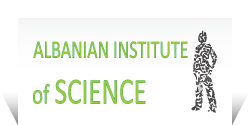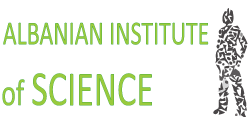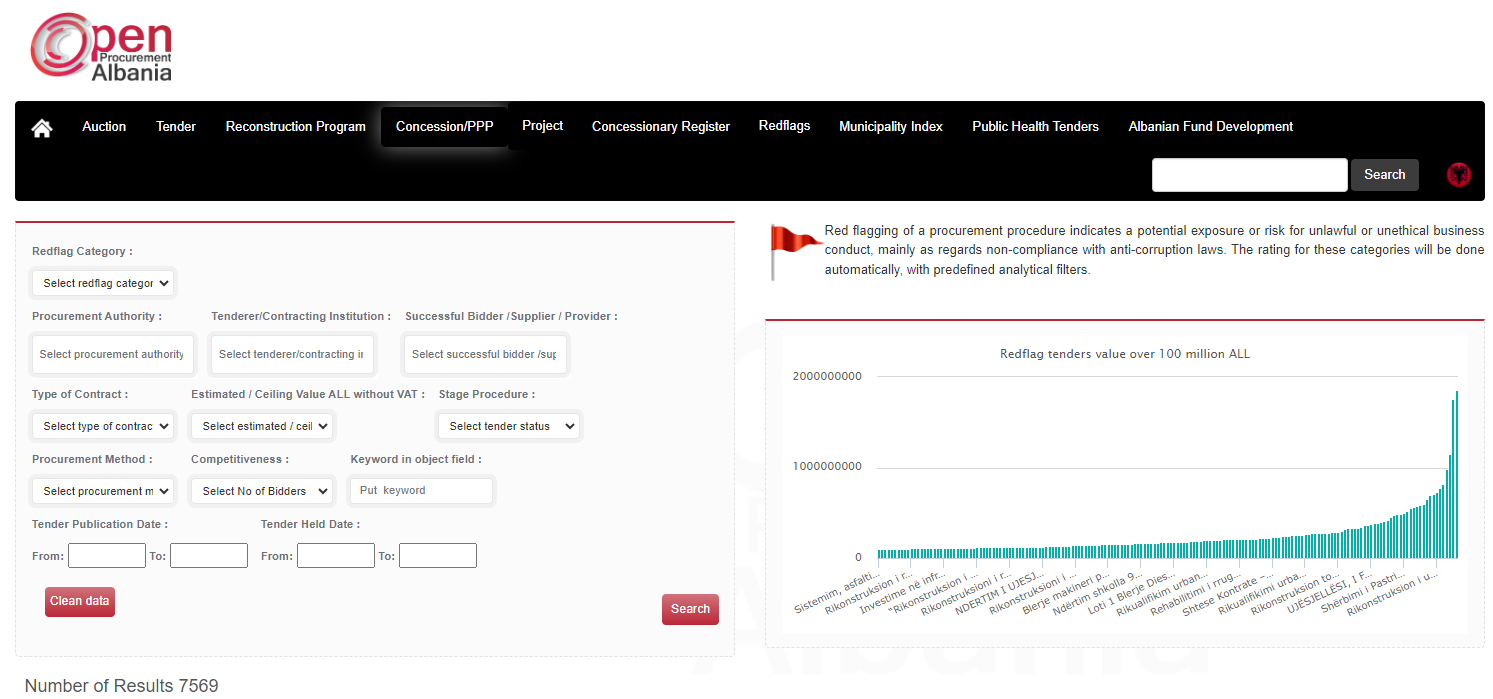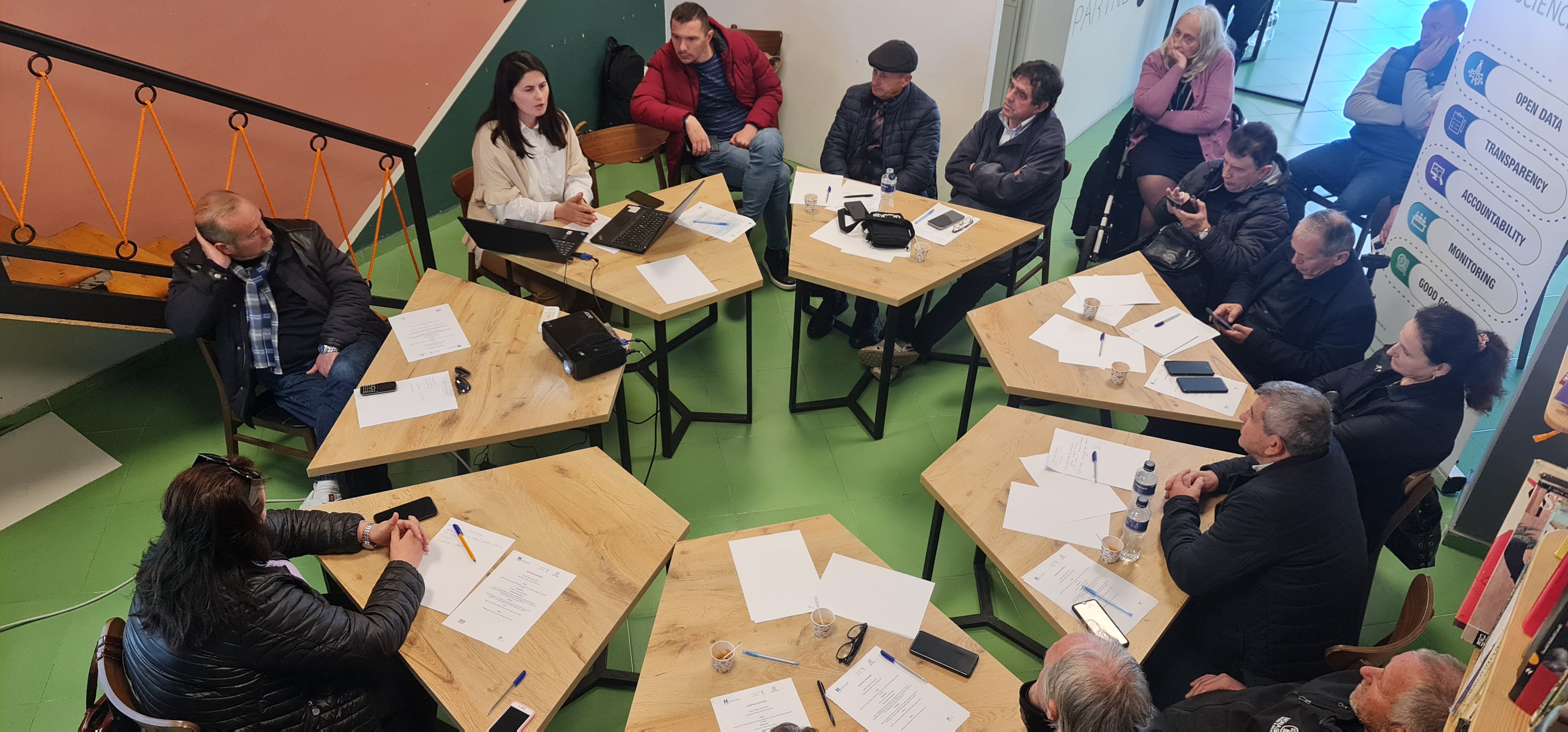
TRANSPARENCY, ACCOUNTABILITY AND CIVIC ENGAGEMENT
AIS Newsletter March 2024 Help us to work as a Watchdog NGO! Treasury Transactions, OSA database, lacks financing and donors. Anticorruption tools and projects face challenges of absence funds, calls and support in Albania.
Help us to work as a Watchdog NGO! Treasury Transactions, OSA database, lacks financing and donors. Anticorruption tools and projects face challenges of absence funds, calls and support in Albania. 90% of Tenders exhibit a lack of competition Risk: SPAK should investigate more Flagged Public Works
90% of Tenders exhibit a lack of competition Risk: SPAK should investigate more Flagged Public Works Civil Society and the Parliament in the Process of Drafting, Consultation and Approval of the State Budget in Parliament
Civil Society and the Parliament in the Process of Drafting, Consultation and Approval of the State Budget in Parliament  Help us to work as a Watchdog NGO! Treasury Transactions, OSA database, lacks financing and donors. Anticorruption tools and projects face challenges of absence funds, calls and support in Albania.
Help us to work as a Watchdog NGO! Treasury Transactions, OSA database, lacks financing and donors. Anticorruption tools and projects face challenges of absence funds, calls and support in Albania.
Treasury Transactions (OSA) database is one of the most important instruments guaranteeing Transparency, Good Governance and contributing to anti-corruption efforts. This platform, Open Spending Albania, helps citizens understand how taxpayers’ money are spent. Open Spending discloses and offers easy access to every payment transaction from Budgetary Institutions to service providers since 2012 onwards. The country’s most courageous Journalists and Activists utilize the well-structured Treasury transaction data to build and denounce cases of corruption, clientelism and conflicts of interest. The Supreme Audit Institution also utilizes the database to draft risk assessment and audit plans. However, since February, AIS , has been struggling to secure funds for the maintenance, update development and server space for the Treasury Transactions database. AIS/OpenDataAlbania, the owner and promotor of Open Spending Albania database, has identified that there is a lack of interest for anti-corruption projects. We call for financial support from potential donors, enabling us to persist with our anticorruption tool in tracking data, disclosing evidence-based fact-checking, linking data with abusive cases and corruption to aid activism, empower citizens and all stakeholders engaged in anticorruption initiatives. We would appreciate your support, whether through donations in accordance with our internal regulation, sharing our concerns with potential sponsors, or inquiries for collaborations which can be sent via e-mail at [email protected].
 90% of Tenders exhibit a lack of competition Risk: SPAK should investigate more Flagged Public Works
90% of Tenders exhibit a lack of competition Risk: SPAK should investigate more Flagged Public Works
The AIS team, working on Open Procurement Albania, congratulates the Special Prosecution Office against Corruption (SPAK) for the two recent investigation cases related to illicit intervention and corruption in public procurement. Similarly, the team considers the lack of competition in public tenders to be a greater concern and we call for more investigations in tenders with significant values in procurement for civil works and national infrastructure contracting. Through the Open Procurement Albania Database, AIS’ database, a risk assessment is conducted for each tender and a RedFlag marking is assigned when the procedure identifies a lack of competition risk. The list of Redflagged tenders is published for important sectors such as Healthcare, Local Governments, Albanian Development Fund FSHZH or Albanian Road Authority, ARRSH. The AIS’ teamworking on OpenProcurement have observed a rise in the proportion of overall tenders compared to redflagged ones. In certain institutions, the risky procedures now account for up to 90% of the total tenders. Under these circumstances, AIS, the owner of the Open Procurement Albania database, urges SPAK and the Supreme State Audit Albania, to conduct thorough investigation into such cases, leveraging the insights provided by our RedFlag Lists.
 Civil Society and the Parliament in the Process of Drafting, Consultation and Approval of the State Budget in Parliament
Civil Society and the Parliament in the Process of Drafting, Consultation and Approval of the State Budget in Parliament
As part of the activities held in the framework of “Increasing Parliament's Responsiveness to Citizens' Concerns” project, supported by the British Embassy in Tirana and implemented by a consortium led by IDM in partnership with Citizens Channel and AIS, on March 8th an event was organized in the Municipality of Koplik with representatives from Civil Society and the Media, aimed to raise their capacities. Likewise, with the objective to strengthening the Parliament's efforts to foster an inclusive environment for citizen engagement in the legislative processes of Drafting and Oversight of the State Budget, AIS trained the Parliament and the Supreme State Audit staff. The events also focused on introducing legal instruments that have the potential to boost citizen participation, proposals or hearings in the Parliamentary Committees.




